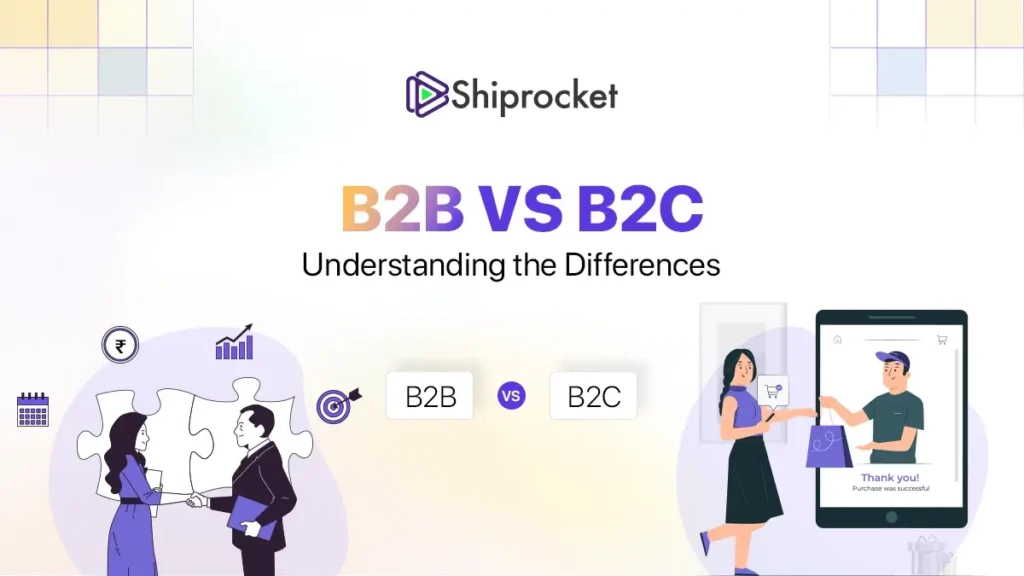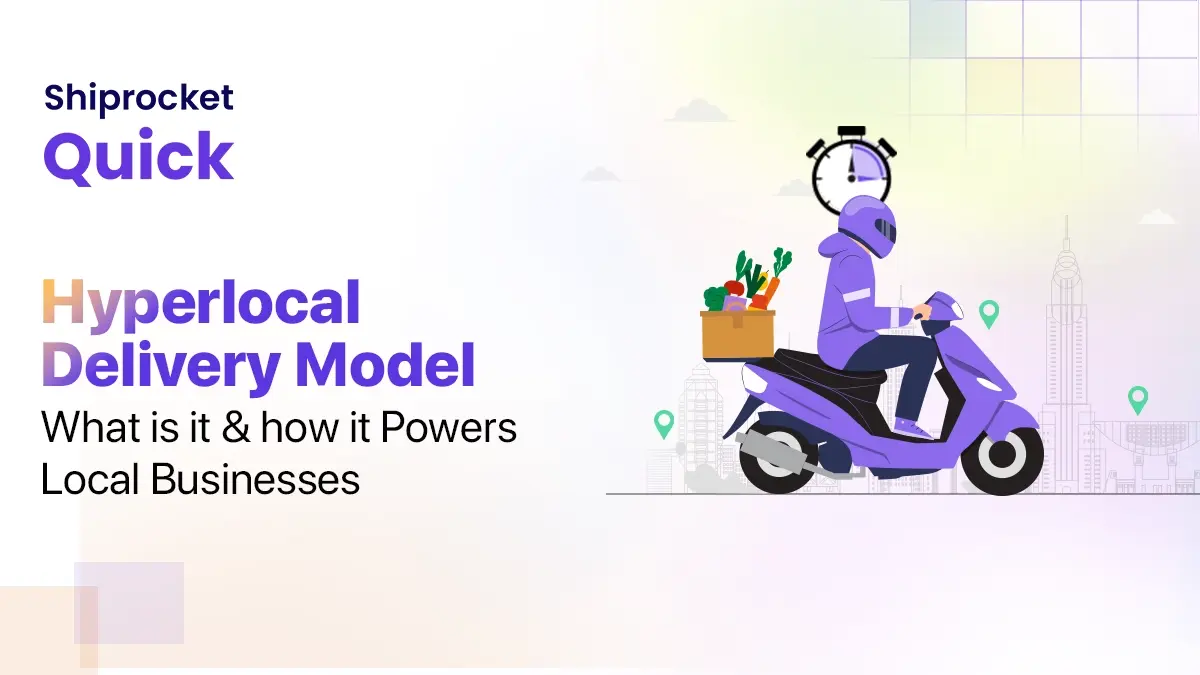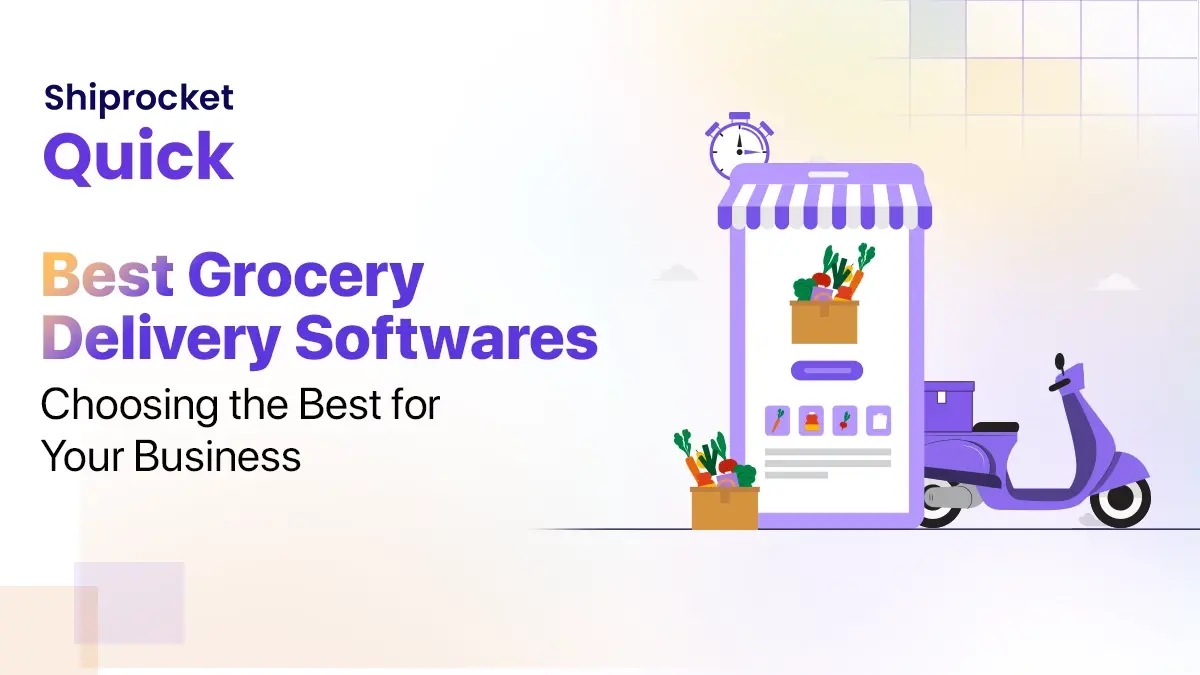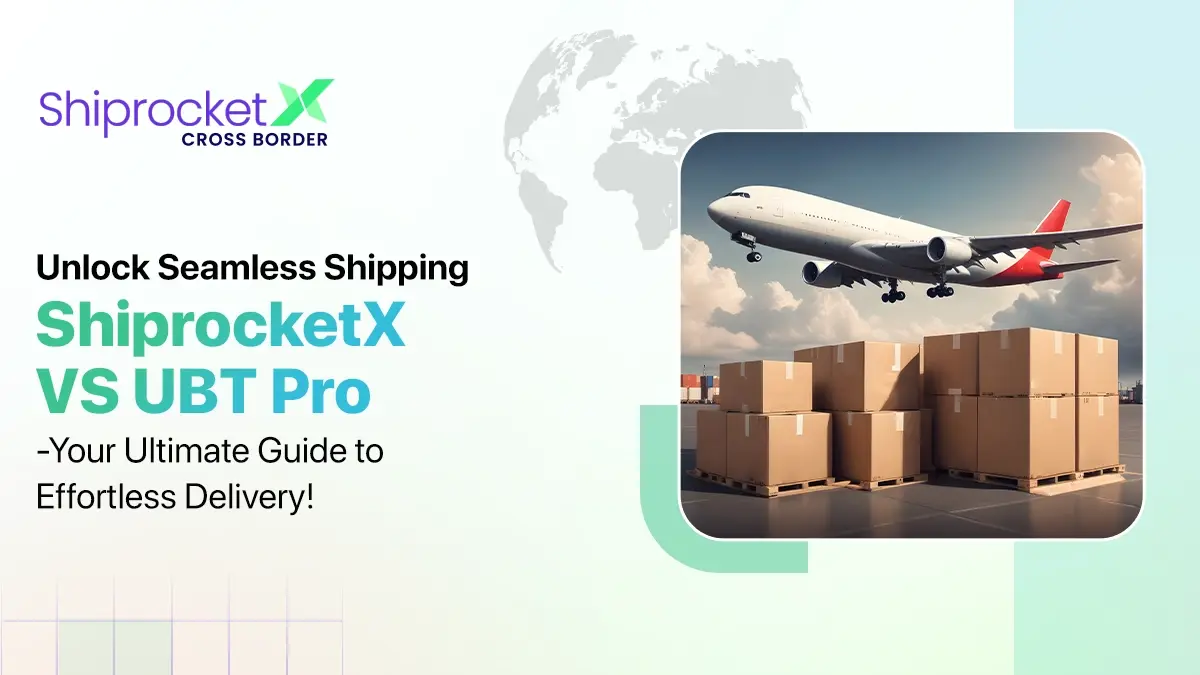Businesses can purchase and sell their products and services only to other businesses on an online platform known as a B2B (business-to-business) marketplace. It is not the same as a typical business-to-consumer (B2C) marketplace, where companies offer products and services to customers at the end of the supply chain. B2B platforms are customised to the requirements of various enterprises, such as wholesalers, distributors, manufacturers, and retailers. These marketplaces attempt to facilitate easy procurement processes and efficient transactions by providing a variety of features and services. Both B2B and B2C companies provide tools for pricing, negotiation, secure payment processing, and other services that improve the entire purchasing and selling experience.
The worldwide B2C eCommerce market size is anticipated to grow at a CAGR of 8.05% and reach a valuation of USD 8,016 billion during the forecast period of 2022-2030. The market size of B2B eCommerce was valued at USD 7,432.12 billion in 2022. With a projected compound annual growth rate of 19.2% from 2023 to 2031, the B2B eCommerce industry is expected to reach USD 36,107.63 billion by 2031.
Popular B2B marketplaces include Alibaba, IndiaMart, and others; B2C marketplaces include Amazon, eBay, Flipkart, and so on. These marketplaces assist companies in finding vendors and customers, negotiating contracts, and executing transactions with ease.

What is a B2B Marketplace?
An online marketplace that allows firms to find suppliers and buyers, negotiate profitable agreements, and streamline transactions between them is known as a business-to-business (B2B) marketplace. Only business-to-business transactions occur in a business-to-business (B2B) marketplace. Businesses can purchase and sell goods and services in large quantities to and from other companies, such as distributors, manufacturers, wholesalers, and retailers, on this online platform. Special features like product catalogues, safe payment methods, logistics assistance, and tools for negotiating prices are available on B2B marketplaces. This makes it easier to handle the purchasing and selling process. TradeIndia, Alibaba, IndiaMart, and other sites are a few examples of B2B marketplaces.
B2C Marketplace: Definition
A business-to-consumer marketplace is referred to as a B2C model. Businesses use this internet platform to market their goods and services to customers directly. Individual consumers, at the final stage of the supply chain, are the centre of attention for the B2C marketplace. This user-friendly online marketplace offers ample space for customers to explore, evaluate, and buy a variety of products and services from various vendors as per their needs. B2C marketplaces include features such as product listings, safe payment methods, customer reviews, shipping services, and more to assist customers and improve their purchasing experience. B2C marketplaces include, among others, eBay, Amazon, Flipkart, and Airbnb.
How do B2B and B2C Marketplaces Differ?
Here are some key differences between B2B and B2C marketplaces.
| B2B Marketplace | B2C Marketplace | |
|---|---|---|
| Audience | The target audience of B2B marketplaces is businesses, including manufacturers, wholesalers, retailers, and distributors. | The target audience of B2C marketplaces is individual consumers or end-users of the supply chain. |
| Purchase quantity | B2B marketplaces include buying and selling products in bulk. | B2C marketplaces include buying individual or small purchases. |
| Types of products | These markets deal with specialised and industry-specific products and services. | These markets provide different goods and services for consumers across different categories. |
| Transactions | B2B transactions include custom pricing, negotiation, and complex contract terms. | B2C transactions are direct with consumers with fixed prices and no negotiations. |
| Customisation | The products and services in B2B marketplaces can be customised as per different business needs. | The products and services in B2C marketplaces have limited customisation options for individual consumers. |
| Types of relationships | The buyer and seller relationships made in B2B are long-term. | The relationship in B2C is one-time, usually with individual consumers. |
| Payment options | B2B marketplaces allow credit lines and instalment payments, and invoicing. | B2C marketplaces allow payment through digital wallets, credit cards, or other online payment methods. Payments can be made upon delivery or upfront while ordering. |
| Customer support services | B2B customer services include special support teams, account management, and technical assistance. | B2C customer services are protected by consumer protection laws, eCommerce rules, and privacy regulations. |
| Marketing | These marketplaces market themselves by focusing on targeted campaigns, relationship-building, and lead generation. | These marketplaces reach a wide consumer base through mass advertising, promotions, and branding. |
| Product description | B2B marketplace product listings include compatibility information, technical data, and detailed specifications. | B2C marketplace product descriptions include features, benefits, and user-friendly information for consumers. |
| Shipping and transportation | Shipping and transportation for B2B marketplaces include freight forwarding, bulk deliveries, and specialised carriers. | Shipping and transportation for B2C marketplaces include standard express and same-day or one-day delivery for individual consumers. |
| Prices | The buyers and sellers in B2B focus on quality, reliability, and long-term partnerships. | The buyers in B2C are price-sensitive and look for promotions, discounts, and competitive pricing. |
| Return and exchange | The return and exchange process in B2B is negotiated and varies based on agreement and contract terms. | B2C follows the standard return and exchange process, which allows consumers to return and exchange products within a specific period. |
| Feedback | B2B marketplaces’ feedback and reviews focus on product quality, reliability, and supplier performance. | B2C marketplaces’ feedback and ratings are based on product usability, consumer satisfaction, and the overall shopping experience. |
| Demand | B2B market demand is influenced by economic factors, industrial trends, and business cycles. | B2C consumer demand is influenced by lifestyle preferences, seasonal changes, and fashion trends. |
| Supply chain | B2B manages their supply chain to meet business demands with inventory management and supply chain optimisation. | The B2C supply chain process is based on order fulfillment, distribution, warehousing, and customer satisfaction. |
Why Prefer B2B Over B2C Marketplaces for Procurement?
To fulfill their distinctive demands, businesses today prefer business-to-business (B2B) markets for procurement over business-to-consumer (B2C) marketplaces. Some of the reasons for this choice are:
- B2B offers expert products and services. Professional services, raw materials, machinery, machinery for industry, software solutions, etc. are some examples of these goods and services.
- B2B marketplaces streamline procurement processes including requests for quotation (RFQ), supplier evaluation, inventory management, and order management.
- Bulk purchase is supported by B2B marketplaces, giving companies access to reduced pricing and cost reductions. Since B2B purchases goods and services in bulk, it has cheaper costs per unit and increases profits for companies.
- Business-to-business (B2B) trade opens up a vast global network of suppliers, manufacturers, distributors, and vendors of services. When making purchases or sales, businesses consider a variety of factors such as affordability, quality, delivery capabilities, and dependability.
- B2B marketplaces provide customised alternatives for various business needs. B2B sellers adjust prices, goods, and services to suit individual requirements and preferences.
Conclusion
In conclusion, business-to-business (B2B) marketplaces have a significant influence on how modern business platforms are designed. There are specific platforms for B2B (business-to-business) and B2C (business-to-consumer) exchanges as well as customised demands. Numerous elements found in these marketplaces such as tools for negotiation, safe payment methods, and logistical support empower businesses and facilitate smooth transactions between buyers and sellers. In the future, B2B markets will continue to play a significant role in influencing businesses and B2C transactions, as many firms primarily use B2B platforms for procurement needs. This will encourage growth and innovation in the business-to-business sector. eCommerce, or the sale of products and services online, is a completely new B2C business channel that was made possible by the growth of the Internet. This business model is also expected to continue its growth owing to the increase in the number of online shoppers.







